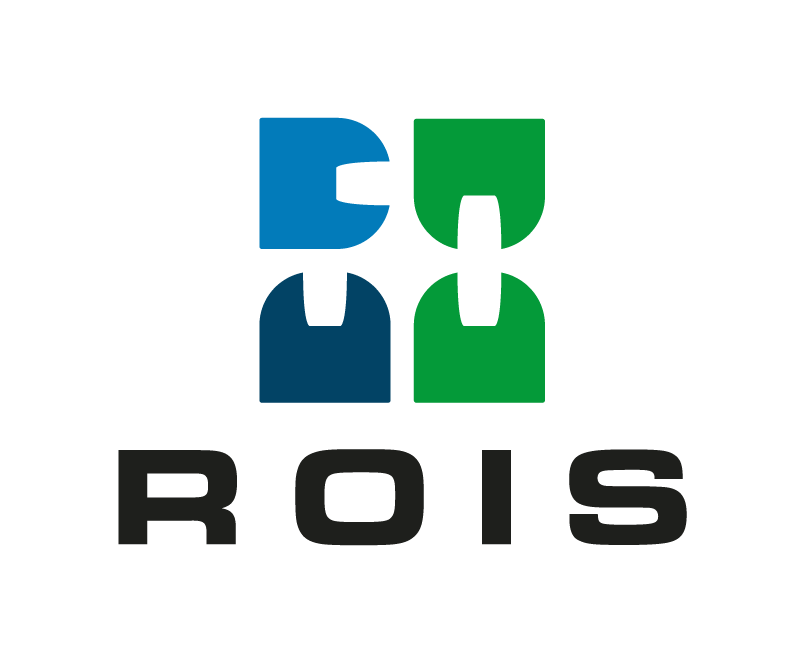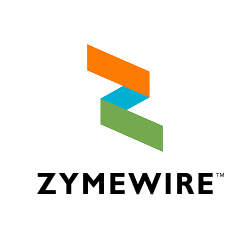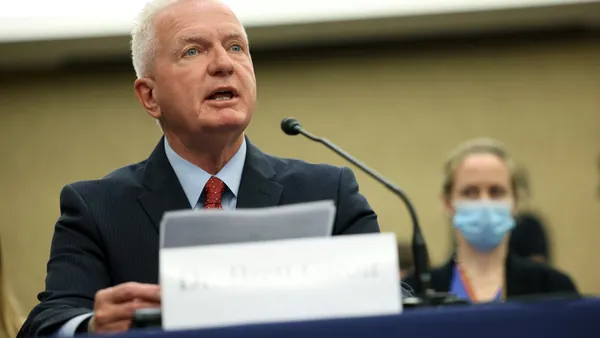Today, a brief rundown of news involving Crinetics and the Food and Drug Administration, as well as updates from Eli Lilly, Biogen and Gossamer Bio that you may have missed.
Crinetics on Thursday won clearance from U.S. regulators to begin selling a new drug for the rare hormonal disorder acromegaly. Called Palsonify and, previously paltusotine, the drug is the first once-daily oral therapy for the condition and cleared for adults who aren't eligible for corrective surgery or haven't adequately responded to it. Palsonify is "poised to challenge the Goliaths of pharma," among them Novartis and Pfizer, with a "broad label and an attractive [annual] $290,000 list price," wrote Leerink Partners' Joseph Schwartz, who is predicting $375 million in peak yearly sales in the U.S. and Europe. — Ben Fidler
The federal government this week announced multiple new initiatives designed to foster gene therapy research. The Food and Drug Administration on Wednesday published draft guidance outlining accelerated approval pathways, post-approval requirements and new clinical trial designs. And on Thursday, the Advanced Research Projects Agency debuted two programs aiming to speed development and assist with manufacturing, so the complex medicines are less costly to produce. — Ben Fidler
Bristol Myers Squibb will begin selling its psoriasis drug Sotyktu online at a discounted price, the company said Thursday. Starting in January, Bristol Myers will offer Sotyktu at a cost more than 80% lower than its current list price for people who are uninsured, underinsured or pay for the medicine out of pocket. The initiative is part of a growing trend among pharmaceutical companies to provide products directly to consumers while bypassing traditional drug distribution channels. Bristol Myers started offering its heart drug Eliquis online at a reduced price this month. — Ben Fidler
Eli Lilly announced the location of the second of the four new U.S. manufacturing plants it intends to build, a factory in Houston that will make the active ingredients for several small molecule drugs, including its experimental obesity medicine orforglipron. Lilly will pour $6.5 billion into the factory, which it says will employ 4,000 people during construction and 615 at the plant once it is operational in five years. Earlier this month, the company said it will locate another plant near Richmond, Virginia, as part of a promise to spend $50 billion on domestic manufacturing. Details regarding the two other factories will be announced this year. — Jonathan Gardner
The FDA rejected a high-dose version of Biogen’s spinal muscular atrophy drug Spinraza. Study results last year showed that the newer form of Biogen’s drug appeared to slow neurodegeneration faster than the marketed treatment and, according to Biogen, the agency didn’t cite any deficiencies with its clinical data. Instead, the FDA requested an update to certain “technical information” in the portion of its application dealing with manufacturing. Biogen intends to respond and update its application “promptly,” but it’s unclear whether the resubmission will be a “Class 1” or “Class 2” filing, each of which have different review timelines, wrote William Blair analyst Myles Minter. — Ben Fidler
Gossamer Bio secured an option to acquire privately held pulmonary arterial hypertension drug developer Respira Therapeutics, the companies said Thursday. The deal provides Respira with funding to develop its lead candidate, an inhaled drug called RT234, for up to two years as the companies advance development. Respira completed a Phase 2b study earlier this year. Gossamer issued 2.5 million shares of common stock upon signing the deal, and would add another 1.5 million if it exercises the acquisition option. Last year, Gossamer sold rights to its own PAH drug, seralutinib, to Italy-based Chiesi Farmaceutici. — Gwendolyn Wu
An experimental drug Harmony Biosciences has been developing for Fragile X syndrome failed a late-stage trial. In a Wednesday announcement, the company said its drug, ZYN002, failed to meet its main goal of improving social avoidance because of “a higher than expected placebo response rate.” Harmony acquired ZYN002, a topical, synthetic cannabidiol, in a 2023 buyout of Zynerba Pharmaceuticals. The compound previously failed studies in epilepsy and osteoarthritis-related knee pain. — Gwendolyn Wu
















